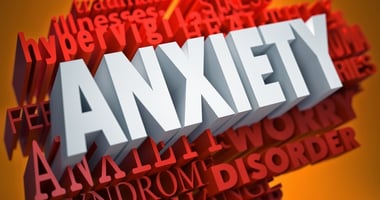Patients Not Fully Responsive to Antidepressants, CBT Alone Found to Improve With Combined Therapies
A study published in AJP in Advance shows that the success of combined cognitive-behavioral therapy...
 |

A study published in AJP in Advance shows that the success of combined cognitive-behavioral therapy...

Group, telephone, and guided self-help formats of cognitive-behavioral therapy (CBT) are as...

Both cognitive-behavioral therapy (CBT) and psychodynamic therapy appear to be efficacious in...